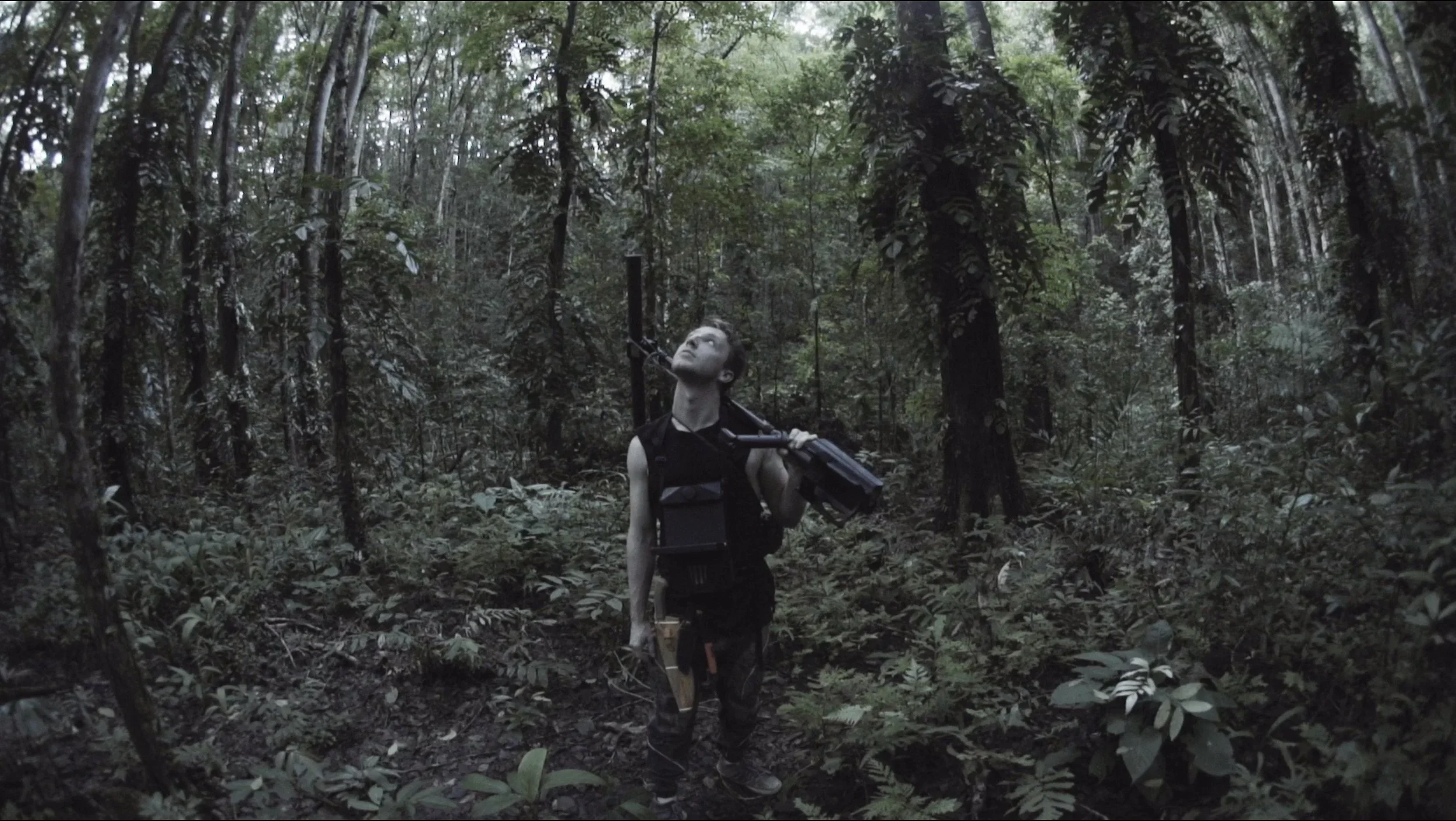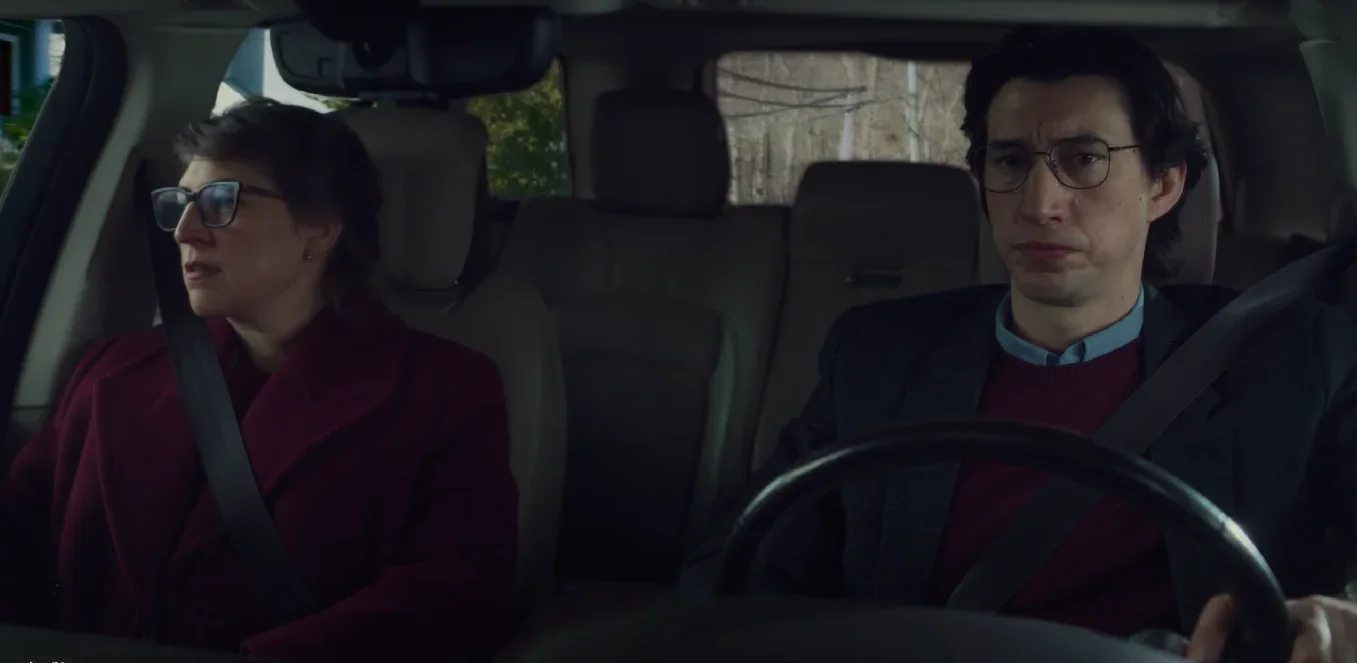‘Tale of the Land’ REVIEW: Another Generational Trauma Film
‘Tale of the Land’ REVIEW: Another Generational Trauma Film
Shenina Cinnamon as May on a boat in Tale of the Land | Still taken from IMDb
Indonesian film director Loeloe Hendra’s first feature is a lukewarm presentation of generational trauma. The film’s lead stars include Shenina Cinnamon who plays May (pronounced as mī or the word “my”), and Arswendi Nasution playing Tuha.
The film tells the story of May, a young Dayak girl living in a floating house — presumably in a lake, with an old man named Tuha. She struggles to navigate her relationship with him as her parental figure ever since being orphaned. For some apparent reason, a supposed curse causes May to be unable to set foot on land. An attempt to do so will cause her nosebleeds and lose consciousness afterward.
As the film begins, it provides you with an insight into the dynamic of the two characters. As the story moves forward, May dreams about a buffalo appearing inside her floating home which leads to her latest excursion in an attempt to walk on land. To her surprise, there was a buffalo on land near the water and her dream was possibly a call for help by the very same animal who was injured and abandoned while tied to a tree. Her desire to help the poor creature led her to touch the soil and faint in mere seconds. She was then found by Tuha who took her home later that day. To regain consciousness, Tuho kills a chicken, uses its blood, and applies it to May’s feet.
This might sound ridiculous, but I found the film reminiscent of Disney’s Tangled. Strangely enough, both films have a restricted teenage girl who’s trying to escape, a guy trying to help her out of the current situation — more of that in a bit — and a strict helicopter parent (except she wasn’t abducted). This was probably something that contributed significantly to my watching experience.
I took this, film message-wise, as to how metaphors were laid into place, as every mishap in Tuha’s life is related to the land — or earth, in general. This then manifested into a curse affecting May and her reaction towards land. As mentioned in the film, Tuha was a former miner who had to deal with land conflicts throughout his life to the point of life endangerment, hence the reason why they sought refuge in water.
Certain parts of the film felt unnecessary and not highly significant. To backtrack this discussion, there was a knight-and-shining armor figure or the Flynn Rider of this story — Lawa (Angga Yunanda) who May met near a tree she whispers her prayers to in shallow waters and began frequenting her home looking for his missing buffalo. He negotiates a deal with May to get her to a shaman who could heal her in exchange for finding his buffalo.
Shenina Cinnamon (left) and Arswendi Nasution (right) playing May and Tuha, respectively | Still taken from the The Film Verdict
To put it out frankly, at the beginning of the film, May already has a strong urge to go onshore and walk on land despite the instilled fear looming in her head, which makes the crossing of paths with the young man not highly contributing and important to the development of the narrative. Despite being a pretty useless device for the plot, I would have to admit I was guilty of having a fun time giggling in the theater, recalling Tangled in my mind.
As grim as it may sound for some of us to hear, my biggest takeaway from this film is that sometimes the death of the people who caused our pain, regardless of how we love them, could be the chance to begin healing, as the film cuts to a scene where May is about to make another attempt to step on land after the death of Tuha due to some incident he had when he went onshore, the film ends.
An open ending hits the right spot since we never really knew if May would triumph over her supposed curse on her last attempt in the film, but it gives us a vision that regardless of the result, she was now able to give herself a chance to heal.
For people fond of slow-paced films and picturesque views, this picture is probably for you.
I would still highly recommend this if you are looking for examples of films exploring generational trauma, alongside giant blockbusters, and the recent ones in mind are Everything, Everywhere, All at Once, Encanto, and Turning Red. It’s a refreshing take on the generational trauma sub-genre prevalent nowadays as the younger generation become more comfortable addressing the topic.
Tale of the Land was part of QCinema’s 2024 Asian Next Wave lineup which ran from the 8th to the 17th of November.















